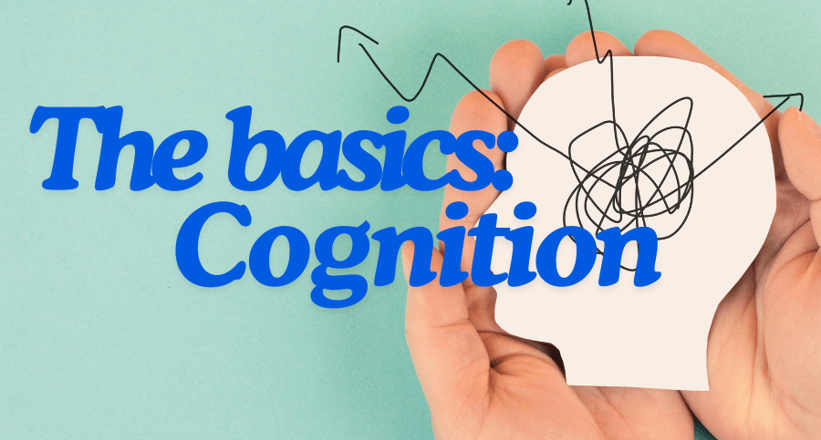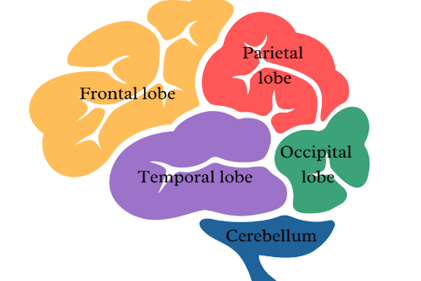The basics: Cognition
Dr. Zhamayne Fakharuzi
7/25/20242 min read


Should I be concerned about cognitive health?
Yes, everyone should be concerned about general cognitive health. Cognition is essential for everyday functioning from thinking about travel plans to interacting with others. More importantly, as we age, the anatomy and physiology of our brain decline, and so do our cognitive abilities. As our brain shrivels and functions dwindle, cognitive processes slow down. But the good news is that the cognitive systems do not endure the assault of aging passively. Our brain reorganizes its functions and recruits other brain regions.
Why is cognitive evaluation important?
When it comes to cognitive impairments and disorders affecting cognition, early detection, and early treatment are key, similar to our physical health. Measuring and monitoring cognition, it can allow us to change lifestyles and ensure that our cognitive performance does not increase the rate of decline due to the normal aging process.
How is cognitive evaluation conducted?
Cognitive evaluation is simple, quick, and non-invasive. It can either be provided as part of your regular annual health checks or when your clinician raises a cognitive concern. Cognitive assessments will reveal if there’s a problem in some aspects of your cognition which helps clinicians plan further actions -- either full evaluation or treatment.
References
Gonzalez Kelso I, Tadi P. Cognitive Assessment. [Updated 2022 Nov 7]. In: StatPearls [Internet]. Treasure Island (FL): StatPearls Publishing; 2024 Jan-. Available from: https://www.ncbi.nlm.nih.gov/books/NBK556049/
Bayne, T., Brainard, D., Byrne, R. W., Chittka, L., Clayton, N., Heyes, C., ... & Webb, B. (2019). What is cognition?. Current Biology, 29(13), R608-R615.


What is cognition?
Almost everything you do, say, or think depends on cognition - what you know, what you remember, and what you feel.
Cognition refers to a group of mental processes involved in acquiring, maintaining, and understanding knowledge. Cognition also has a physical basis in the brain with over 100 billion nerve cells in a healthy human brain. Each of these can have up to 10,000 connections with other nerve cells called neurons.
However, mapping these cognitive functions directly onto the cortex is far more complex. So far, researchers are mapping general concepts of cognitive functioning to the five distinct areas of brain regions.
Would you like to learn more? reach out.
© 2024. All rights reserved.
MindMeter
6th Floor, Euston House,
24 Eversholt Street
London, NW1 1AD
United Kingdom
